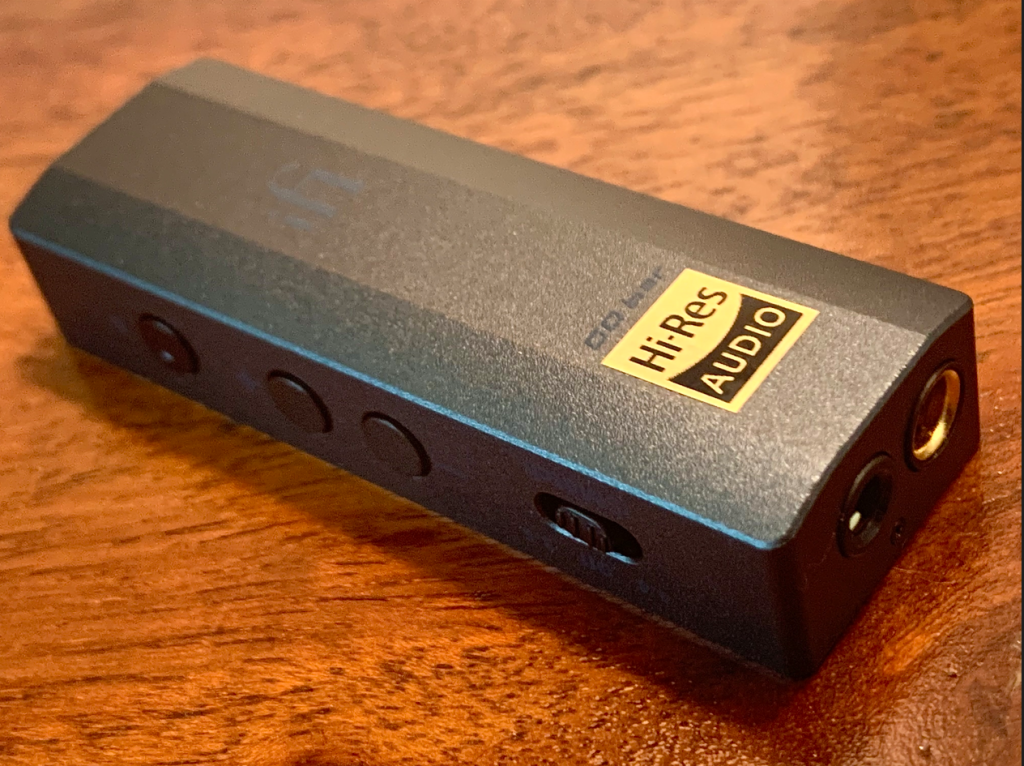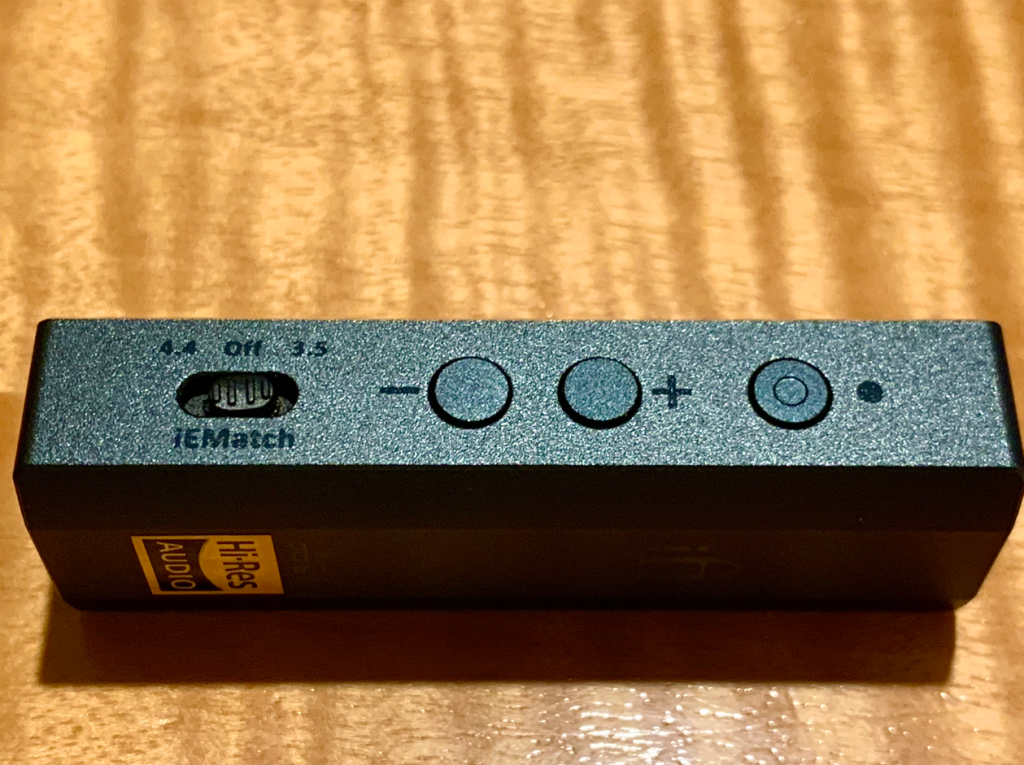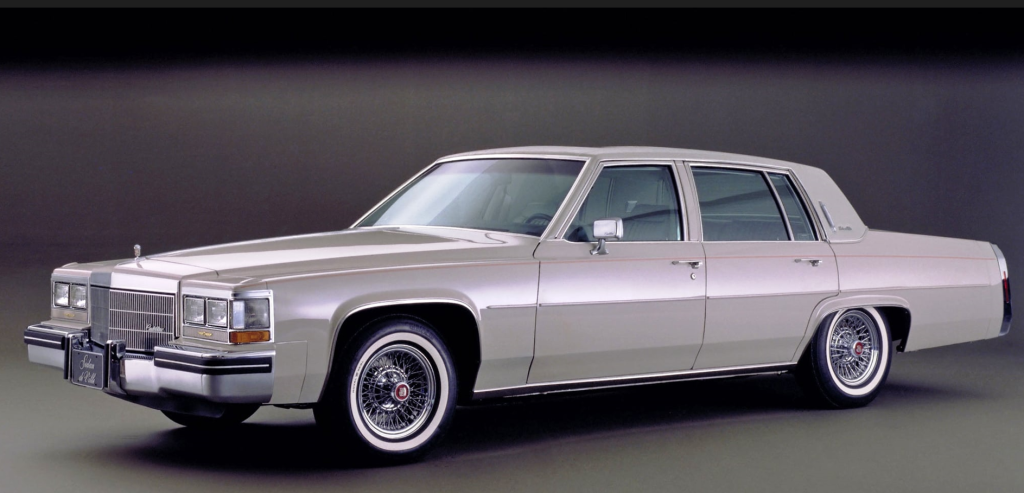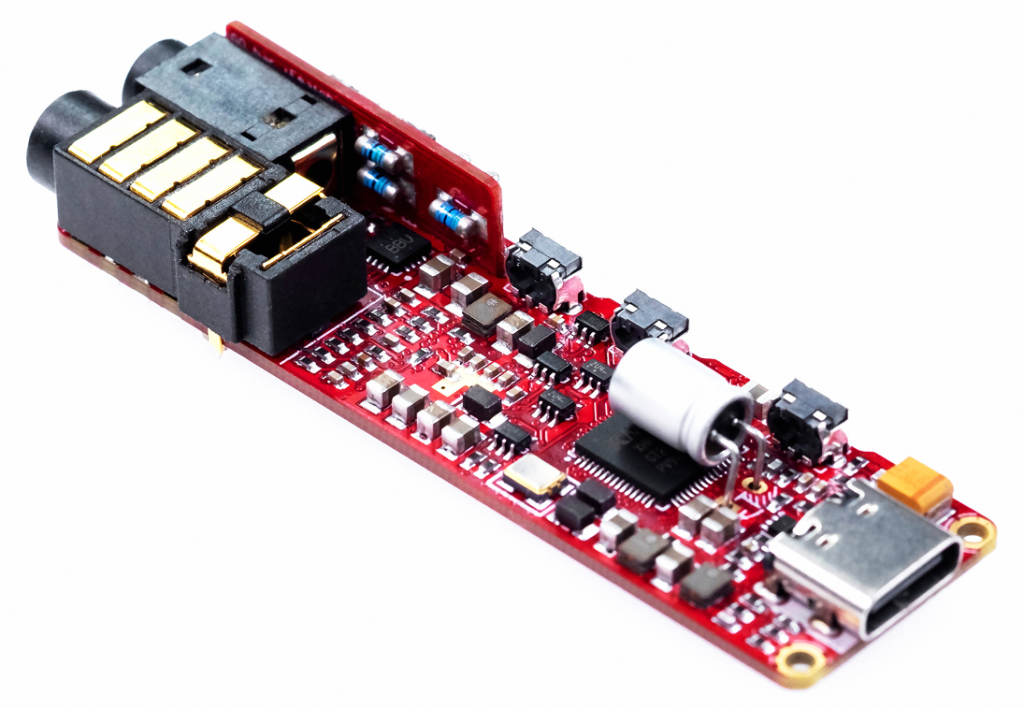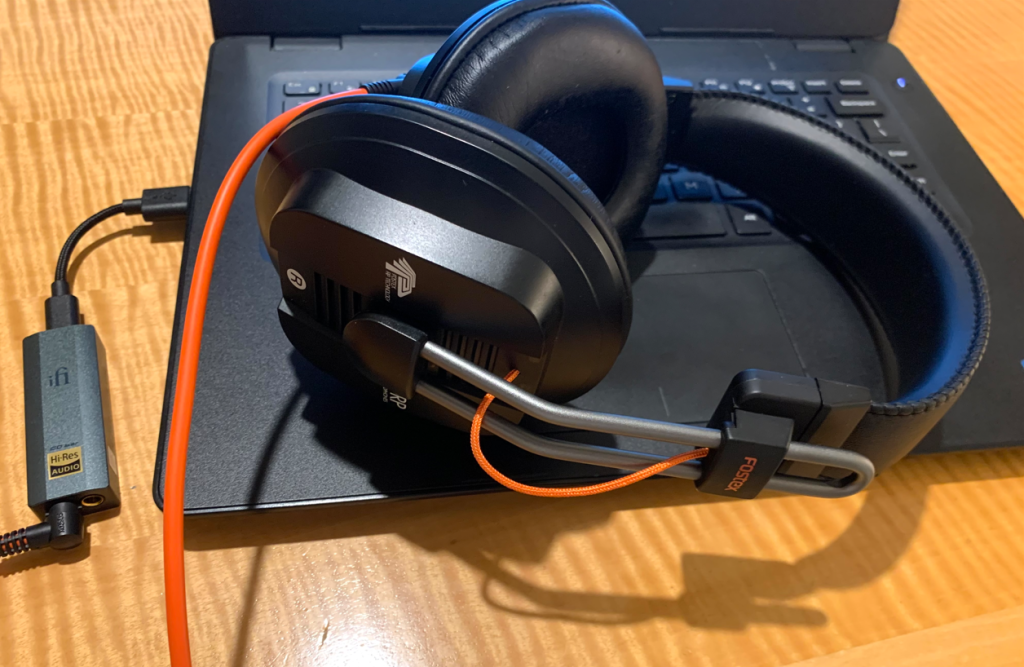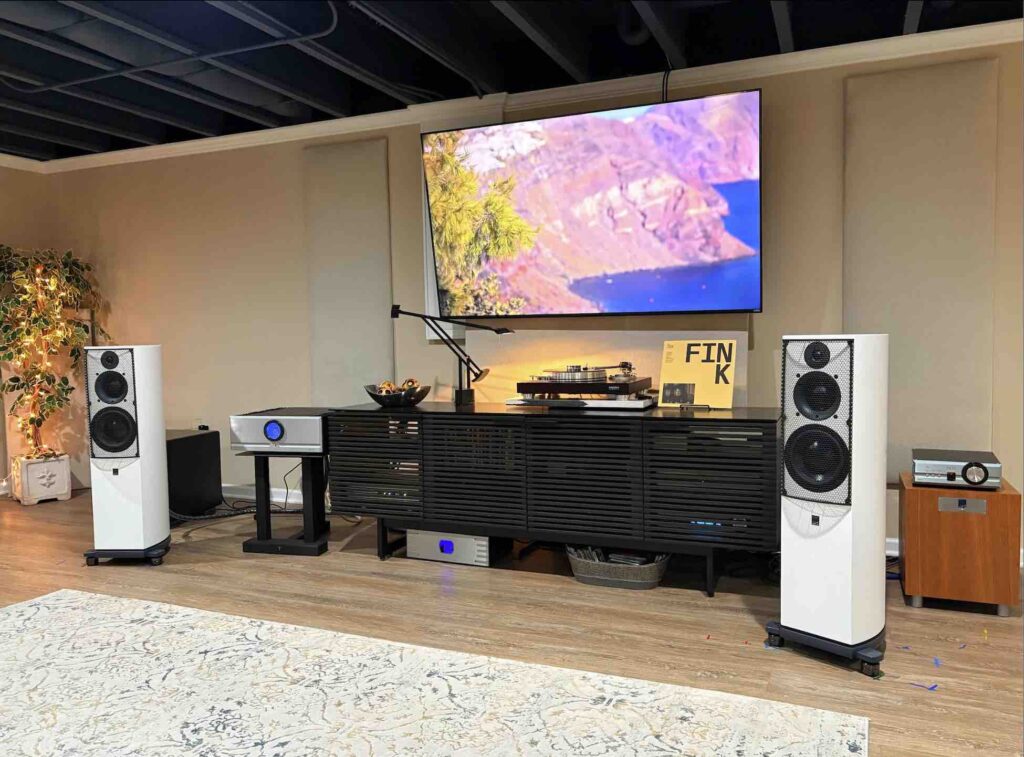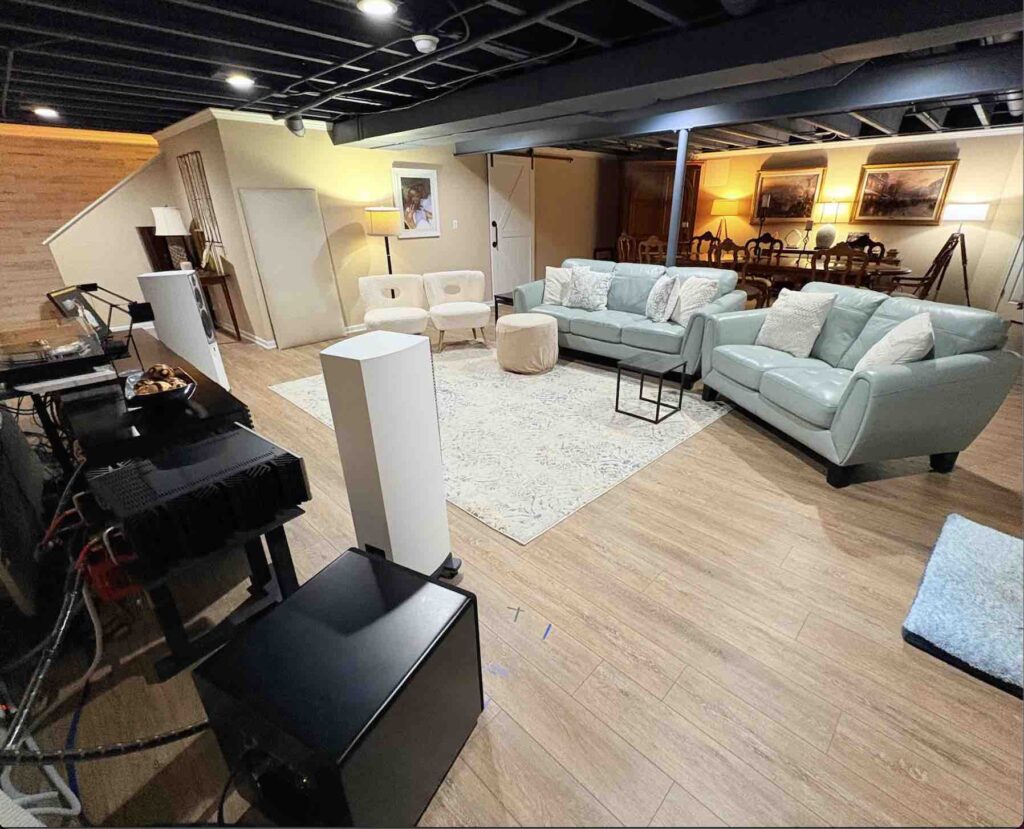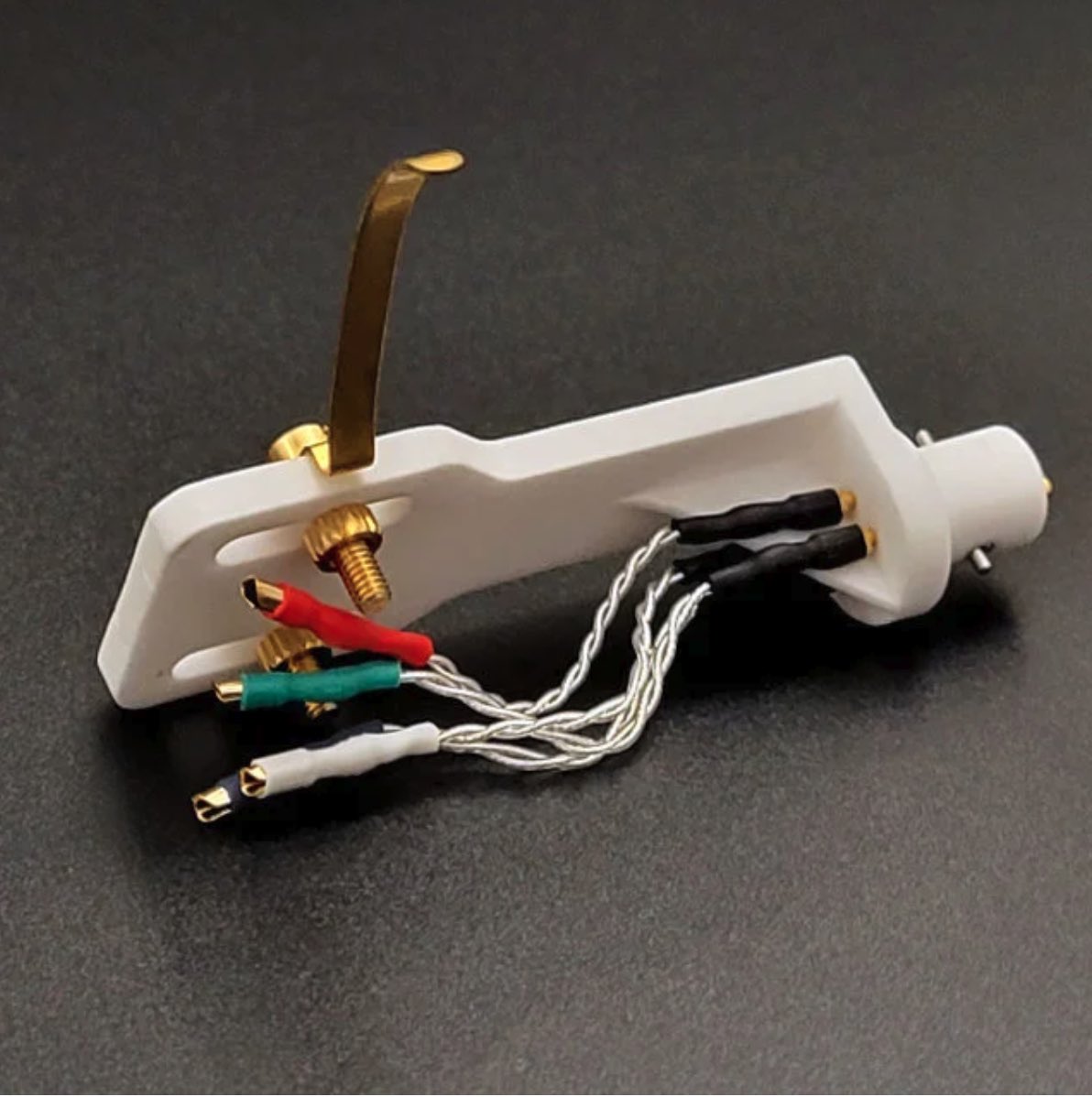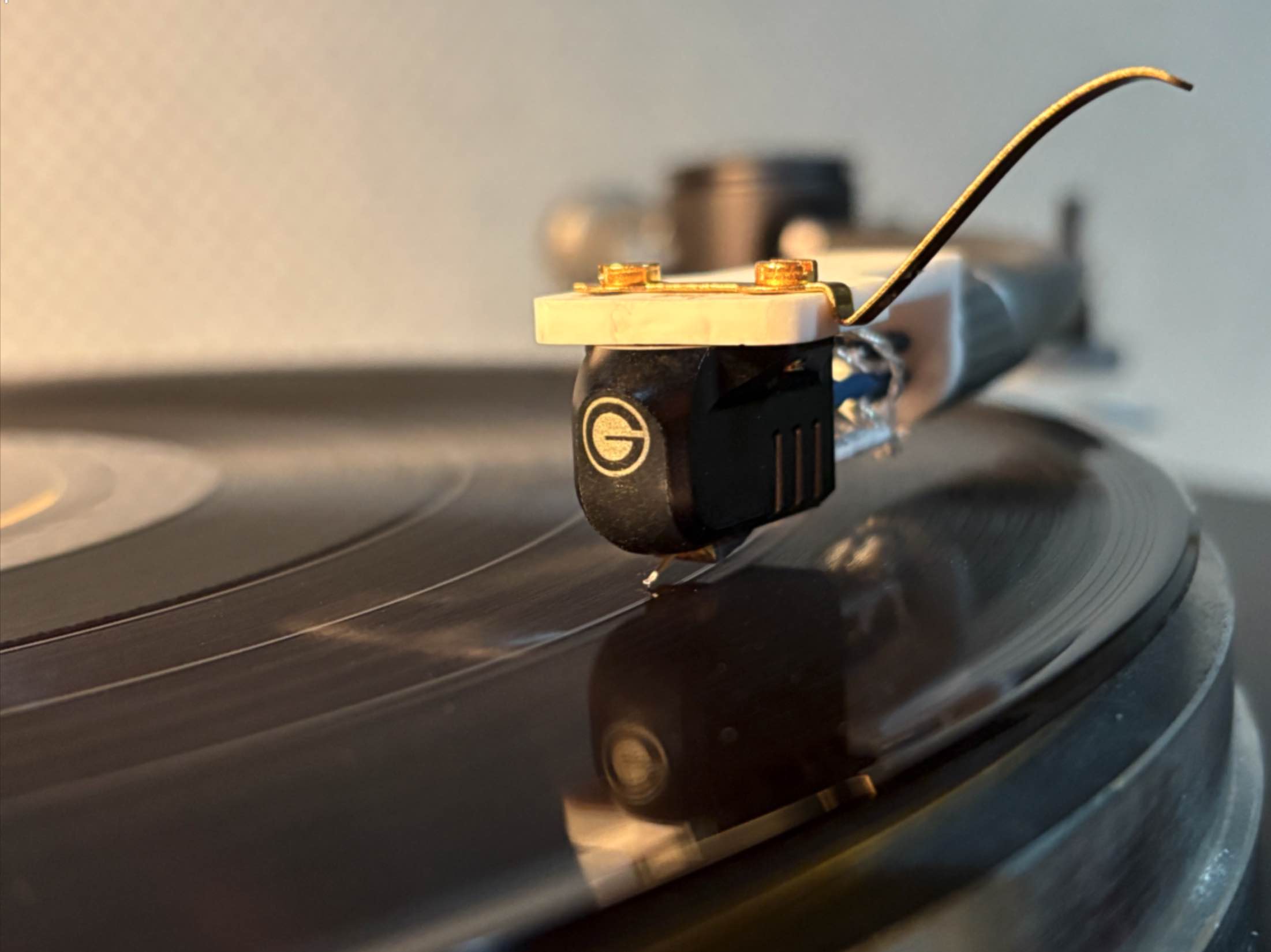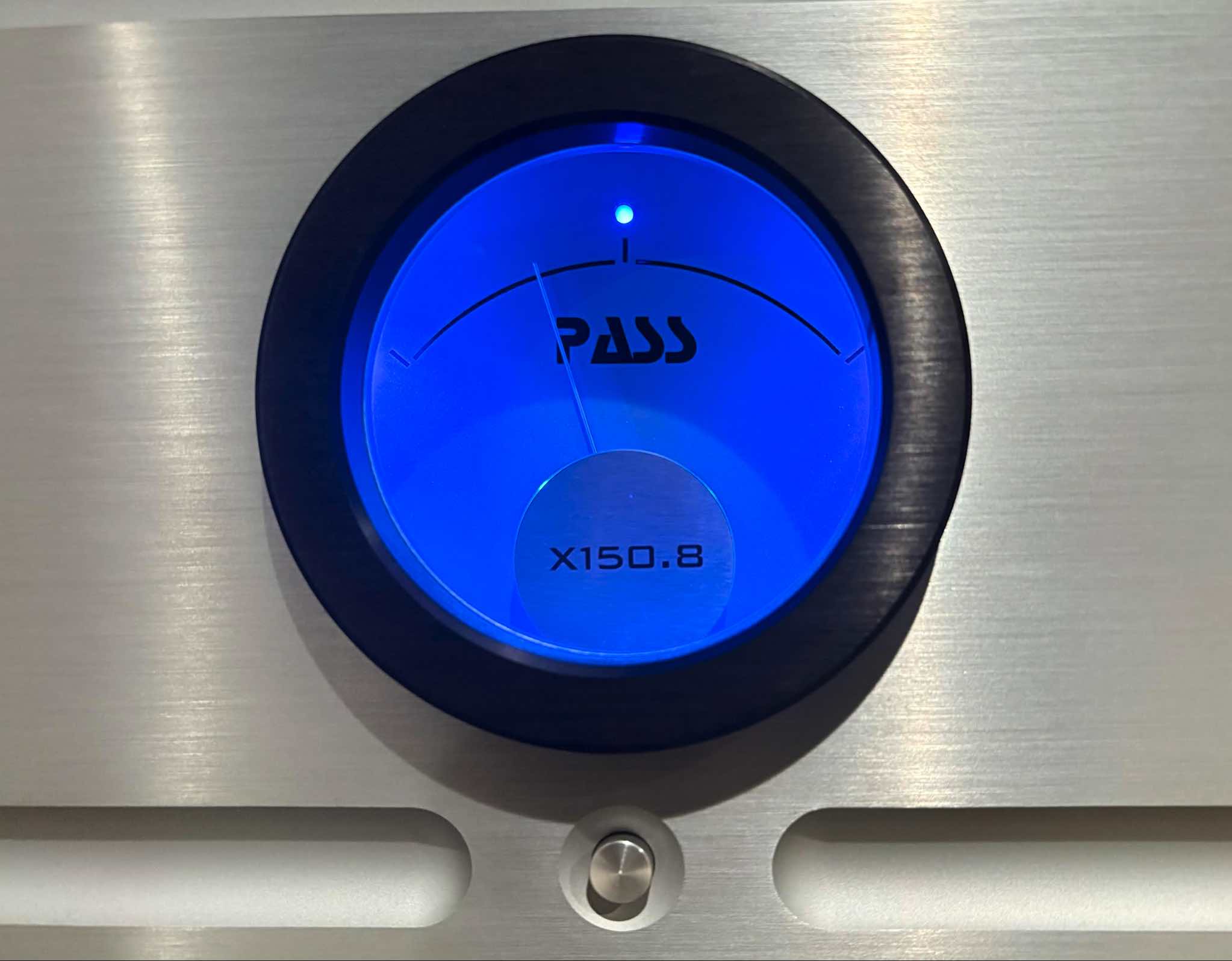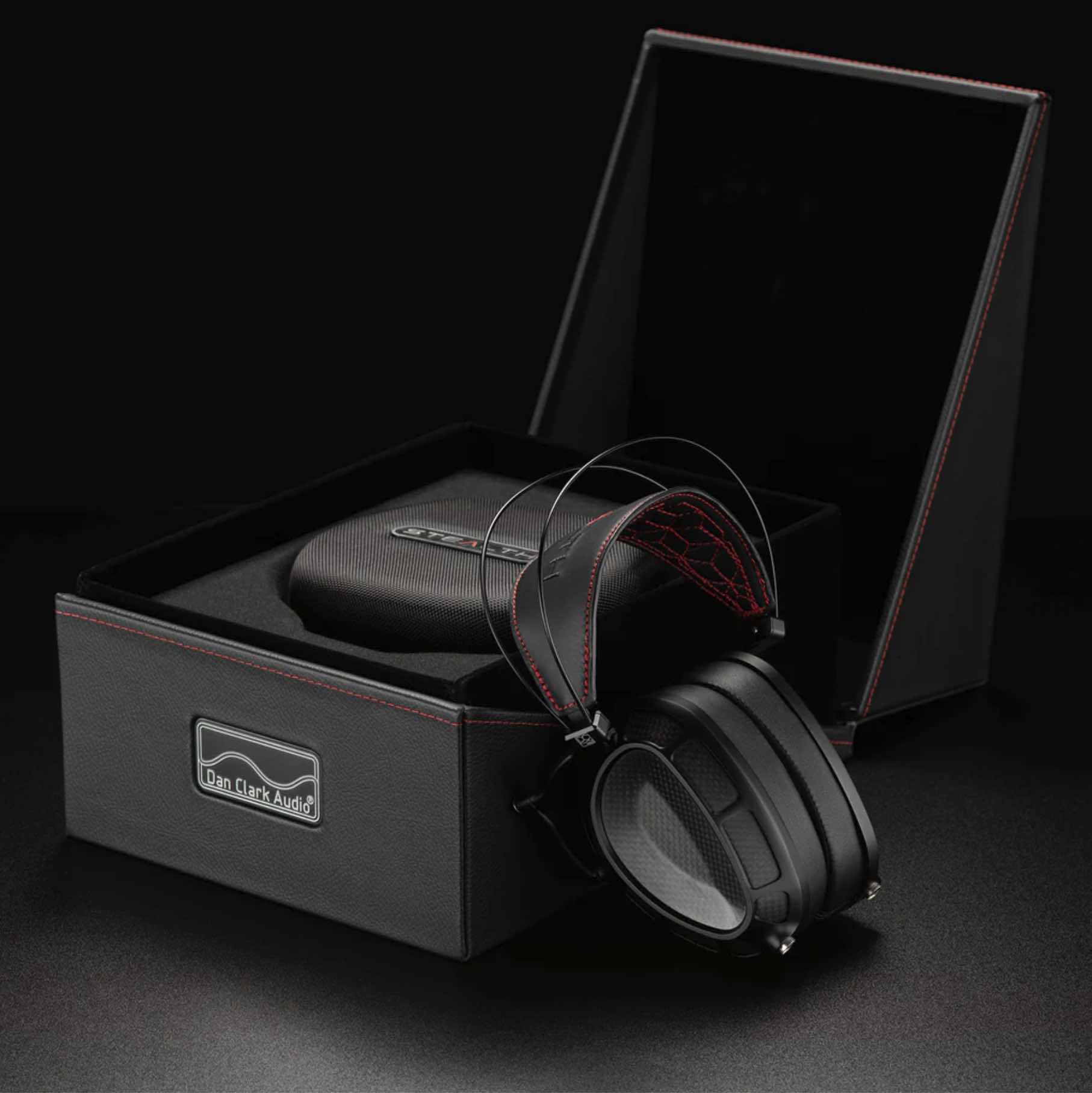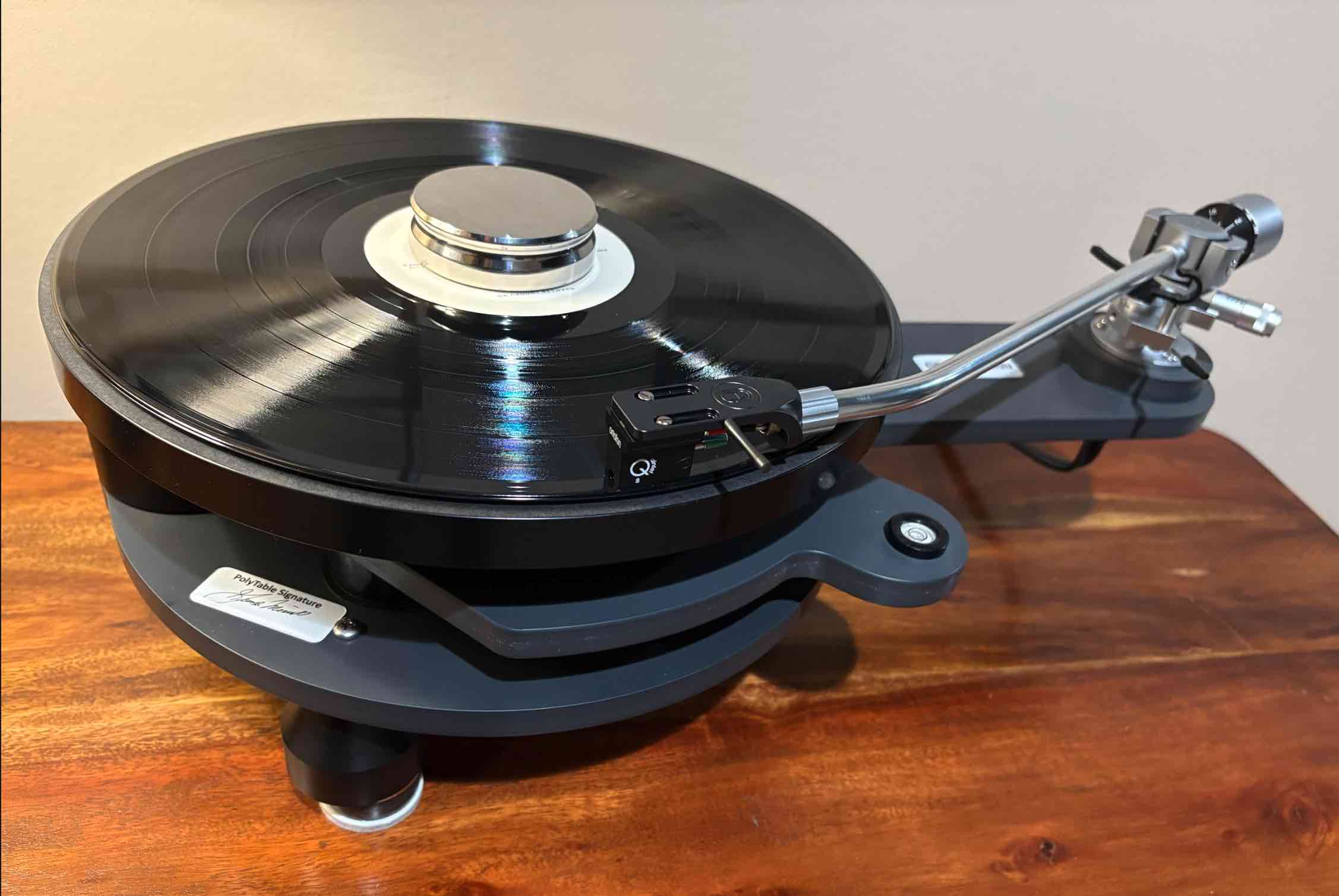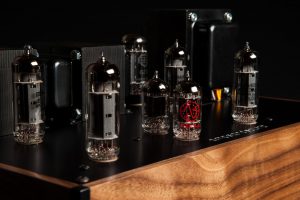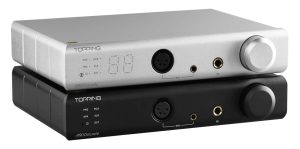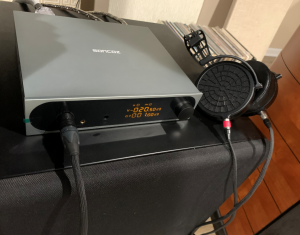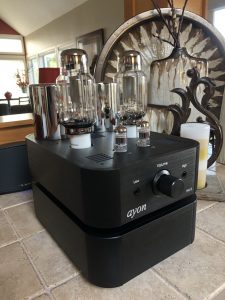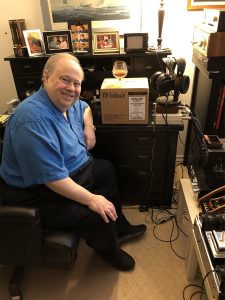Relished by many for their low cost, high quality audio components and accessories, iFi is renowned for enhancing sound quality and eradicating distortion, noise, and hiss from equipment like headphones, speakers, audio devices, cell phones, and televisions with their products. And, at a price of $329, the GO bar is their flagship pocket totable USB DAC/headphone amplifier.
Photo courtesy of YouTube
Small, but Packs a Punch
The GO bar is made to plug into a MacBook, laptop, smartphone, tablet, or other digital devices with a USB port. While it's not as petite or inexpensive as my Questyle M12 Headphone Amp and DAC ($139), at 2.6" x 0.9" x .05" (66 mm x 22 mm x 13.2 mm), it's roughly half the size of the iron spike some accused legendary boxer, Jack Dempsey, of wielding in his gloved fist to savage giant Jess Willard for the world heavyweight title in 1919.
But unlike the crude iron bar, the GO bar packs plenty of punch with its ability to drive a wide variety of cans by employing two power technologies: the iEMatch, which reduces power to accommodate highly sensitive IEMs (In Ear Monitors) and headphones; and Turbo, which boosts the gain by 6 dB to drive more demanding loads, such as the Ether 2 Planar Headphones by Dan Clark Audio that I have on loan, it turns out.
A Closer Look
Along its beveled top, it boasts the iFi logo, GO bar in tiny font, and a Hi-Res AUDIO insignia. On its underbelly, it boasts a series of tiny lights indicating the following resolutions and/or options in play:
- 44/48
- 88/96
- 176/192
- DSD64/128
- DSD256
- MQA
- XSpace
- XBass
For example, while listening to Pip Millet's album, When Everything is Better, I'll Let You Know, on the Qobuz Web Player, the tiny white light next to 44/48 informs me that its playing in the 44.1 kHz to 48 kHz range (it's actually 48 kHz and 24-Bit). As nice as this feature is, it's a strain for these 61 year old eyes, even with reading glasses on, to read.
At one end, there are two inputs: An S-Balanced 3.5mm, single-ended headphone output for connecting 3.5mm headphones; and a balanced 4.4mm, fully balanced headphone output for connecting balanced 4.4mm headphones (I use the former for the Fostex T50RP and the latter for the Dan Clark Ether 2s used in this review). At the other end, there is a USB-C socket that plays up to 32-bit 384kHz, has full MQA decoding, and handles native DSD up to DSD256. And running along a side are the following: an iEMatch selector switch to lower output levels for IEMs, volume control, and a selector switch for various settings and digital filter mode.
Image courtesy of The Ghosts of Cadillacs Past Facebook page
A read through the manual is a good idea; for instance, I would not have known that to engage (or turn off) the Turbo Mode six dB gain boost, I had to to press both plus and minus volume controls simultaneously for two or more seconds. That's a lovely feature to have when using headphones like the Dan Clark Ether 2s! Listening on my laptop with the Ether 2s in Turbo Mode evoke memories of borrowing my father's 1980 Cadillac Sedan DeVille, with its smooth, effortless power and luxuriant ride, during college break.
Specs
According to their website, the XMOS 16-Core chip processes received audio data via the USB digital input. It states:
This new low-latency XMOS microcontroller has greatly enhanced processing power. Compared to the current generation of eight-core chips, this new 16-core IC delivers double the clock speed (2000MIPS) and four times the memory (512KB), as well as the latest SuperSpeed USB standard. iFi's in-house digital development team has programmed the XMOS firmware to optimize sound quality and ensure a perfect partnership with the 32-bit Cirrus Logic DAC chipset used in the GO bar.
- Input: USB C
- Formats: PCM - 44.1/48/88.2/96/176.4/192/352.8/384kHz; DSD - 2.8/3.1/5.6/6.1/11.3/12.3MHz; DXD - 352.8/384kHz
- DAC: Bit-Perfect DSD & DXD DAC by Cirrus Logic
- Headphone Output: Balanced 4.4mm/Unbalanced 3.5mm
- Power Output: Balanced - 475mW@32Ω; 7.2V@600Ω; Unbalanced - 300mW@32Ω; 3.8V@600Ω
- Output Impedance: <1Ω (Balanced/Unbalanced)*
- SNR: 132dBA balanced/ 108dBA unbalanced
- DNR: 109dB(A) / 108dB(A) (Balanced/Unbalanced)
- THD + N: Balanced - <0.002% (6.5mW/2.0V @ 600Ω); Unbalanced - <0.09% (100mW/1.27V @ 16Ω)
- Frequency Response: 20Hz - 45kHz (-3dB)
- Power Consumption: <4W max.
- Weight: 28.5g (1.0 oz)
- Warranty Period: 12 Months
Accessories include a leather travel case and a Lightening to USB-C, no need to buy a Camera Connection Kit, plus a USB-C OTG cable and a USB-C to USB-A adapter.
Listening Session
I do not (and probably never will) own a decent pair of IEMs, nor do I listen directly from my iPhone, as keeping it powered as long as possible throughout my workday is constantly a struggle. For example, iFi's site states, "The GO bar may not work with iPhones up to and including 6S when the phone battery is below <30%," which for me, would be nearly all the time, hence these options were not tested in this review. Caveats aside, I had the distinct pleasure of listening to the budget-friendly and overachieving Fostex T50RP headphones I own, along with the Dan Clark Audio Ether 2s with the iFi GO bar on my laptop from my sunny home office, and the experience proved to be quite gratifying.
Donning my Fostex T50RP headphones ($169.99), I put on a track from Pip Millet's modern R&B debut album, "Ride With Me" (Pip Millet. When Everything Is Better, I'll Let You Know. Qobuz 48 kHz, 24-Bit. Dream Life Records, October 21, 2022) and switched back and forth between the GO bar and the Questyle M12 over the USB input of my work's Dell Latitude 3490 laptop at a pleasant volume, and note several things.
First, both dongle DAC/headphone amps are sonically transparent and deliver Millet's sultry, soothing, and raspy vocals clear and intimate, but the GO bar sounds a tad fuller through the lower end, while the M12 remains more neutral.
Second, when I want to listen at higher volumes, the GO bar's volume buttons accommodate my wishes while the Questyle cannot; subject to the volume settings on Qobuz and the laptop, which are already at 100 percent, I am stuck. Whereas this limitation with the M12 is not horrible, it's annoying; it's similar to listening on main system through my Usher loudspeakers with the Pass Labs XP-12 preamp volume at 60, maybe 65. However, the fact remains that I often like listening at 70, 75, and above, and the GO bar lets me go there quite nicely.
An Ether-Real Experience
Then, plugging the Ether 2 Planars into the GO bar, the real magic begins! The sound, still robust, is a touch more neutral and natural and the soundstage more expansive. In "Mistakes (Interlude)" two tracks later, the texture, attack, harmonics, and decay of plucked strings and hand slaps on the wooden body resonating in the hollow of the acoustic guitar and surrounding room are palpable; enjoined moments later by the electric bass, rich and full, and Millet's velvet vocals tinged with rasp and vibrato in this tender but explicit ballad, it's captivating.
Early on, I am pleasantly surprised that GO Bar delivers a very natural and vivid presentation via the Ether 2 planar magnetic headphones, as I was cautioned by their principals at Dan Clark Audio that this might be too big an ask for the diminutive iFi to handle, however, that's simply not the case here. For the duration of my listening session, I stick with the Ether 2s over the GO bar.
Next up for a taste of sophisticated jazz, I select a cut from a rising star based out of Chicago: The crowd's applause ushers in a frenetic run on Makaya McCraven's ride cymbal—offset by sporadic, syncopated bursts of Junius Paul's double bass and Brandee Younger's harp. Several measures later, the song crescendos in a drum kit flourish punctuated by the crash cymbal before easing into a melodic arrangement counterpointed by organ, bass, and viola as McCraven's kick drum and rim shots keep time while Younger's harp provides an ethereal arpeggio backdrop in "This Place That Place" (Makeya McCraven. In These Times. Qobuz FLAC 44.1kHz, 24-Bit. Nonesuch Records, September 23, 2022).
Then, there's the thumping and lush, multi-layered electronica hit factoring into this review's title. If you're like me and you fancy some electronica, the growling electric guitar, Asher D's bellowed vocals and the thumping beat in Paul Oakenfold's immersive Trance classic, "Ready, Steady, Go (Corderoy Edit)" takes you there with hypnotic, aural textures and grunge aplenty (Paul Oakenfold. Ready, Steady, Go. Qobuz 44.1 kHz, 16-Bit. Perfecto Records, May 26, 2014) Perfecto Records). Served up via the GO-bar, it's a visceral treat to my senses.
And when the mood hits for classical, Hillary Hahn and the Frankfurt Radio Symphony Orchestra rendered via the GO bar transports me to the concert hall in "Allegro Ma Non Troppo" (Hillary Hahn. Eclipse. Qobuz 44.1 kHz, 16-Bit. Deutsche Grammophon (DG). October 27, 2022). There's a strong sense of the reverberant hall as horns, woodwinds and tympani resound for several measures before Hahn's sublime virtuosic violin, flanked by woodwinds, shimmers against a black noise floor. It's a veritable classical feast.
Conclusion
This has been fun. The GO bar's ability to deliver excellent aural experiences over the very good, budget-friendly Fostex T50RP headphones has been pleasurable. And the built-in volume controls are no small thing; they really make a difference when wanting to hear the performance at louder levels with pristine delivery. Add to that the fact that they can render startling performance from the more costly and difficult to drive Dan Clark Audio Ether 2 Planar headphones playing from my laptop and I'm hooked. I no longer have to traipse down to the listening room to plug these phones into a headphone amp or—worse yet—haul it up, along with a separate DAC, to my home office to have a listen. It's plug, play and instant audio bliss! That's pretty impressive to me.
As such, I am firmly convinced me that, yet again, iFi has another winner with its ultimately totable, hi-fi in your pocket, USB DAC/headphone amplifier that comes with its own volume control. Frankly, to me it's a no-brainer.
iFi GO Bar
Retail $329
iFi Audio




